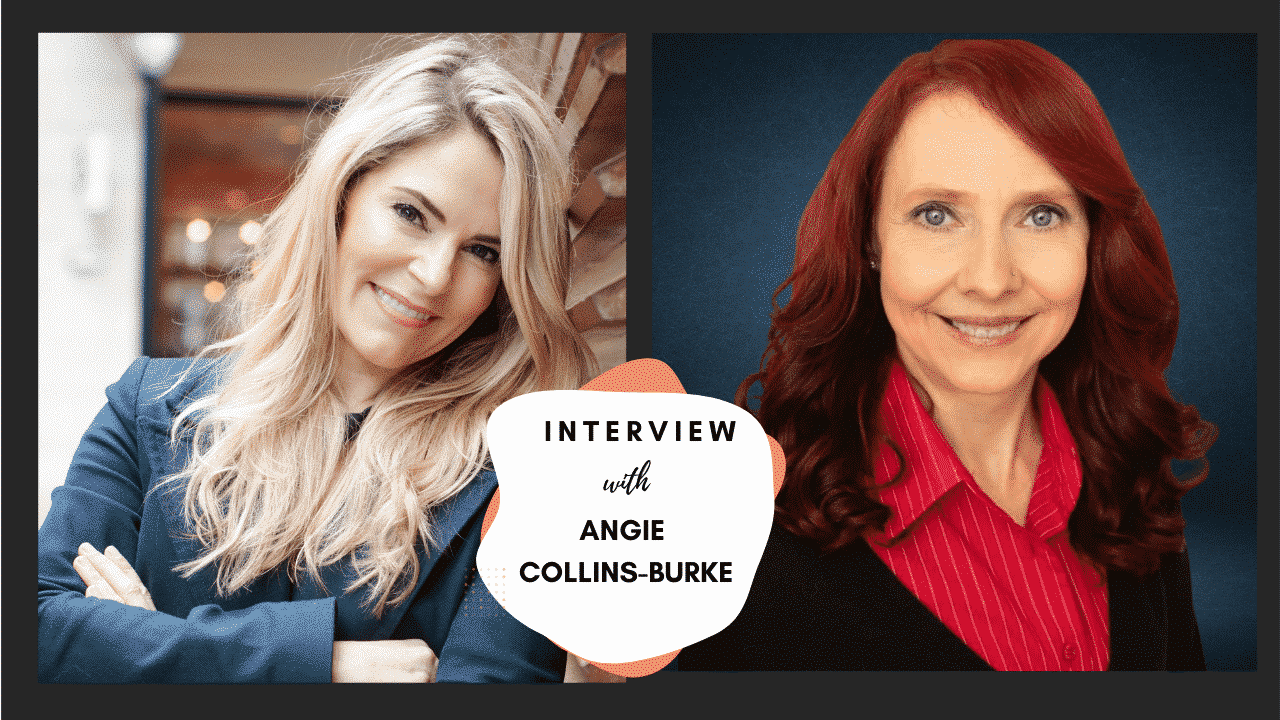Depression after stroke, also called post-stroke depression, affects approximately one third of stroke survivors at any one time after stroke. When stroke survivors experience depression, they are more likely to have fewer gains in their recovery, a poor quality of life, and increased risk for stroke in the future (Towfighi, et al, 2017).
Thankfully, there is help for people living with depression following stroke. Treating depression not only improves the stroke survivor’s mood, it helps with other aspects of recovery, including physical, cognitive and intellectual benefits. Find a mental health provider who specializes with older adults and complex medical problems here.
In this interview, stroke survivor, Angie Burke and I discuss:
- The experience of being a nurse for 26 years, having a stroke, then becoming a “patient”.
- The unseen challenges that come with having a stroke- like grief related to loss of identity, ability, career, and the way things were.
- After stroke depression and psychiatric hospitalization and treatment
- Angie’s journey of going from “stroke victim” to “stroke survivor”
- Recommendations to other stroke survivors
- Recommendations to friends and family of stroke survivors

About Angie Collins-Burke
Angie Burke was a Registered Nurse and worked for 26 years at the hospital in her community, specializing in palliative care, until On September 23, 2013 she suffered a large stroke and was eventually diagnosed with epilepsy. Following an episode of depression, she became more determined than ever began exercising daily, and eventually became an amateur bodybuilder. In May of 2017 she competed in her first amateur bodybuilding show. She also started volunteering as a stroke mentor, at the hospital where she’d worked, and as a volunteer with Heart and Stroke Canada. After being encouraged by many to write a book, she was introduced to Suzanne Cronkwright and together their efforts resulted in “Just Pick Up the Peg: A nurse’s journey back from Stroke.” They now write a monthly blog for Psychology Today. com.
Resources mentioned in this show
- Angie’s book, Just Pick Up the Peg
- Follow Angie on:
Related Episodes & Resources
- Learn About Depression in the Elderly & How to Help
- Preventing Suicide in Older Adults
- More podcast episodes on depression & suicide
- Learn more about strokes from the American Stroke Association
If you or someone you know is in crisis or struggling with thoughts about harming themselves or others, please reach out to the National Suicide Prevention Lifeline.
References:
Towfighi, A., Ovbiagele, B., El Husseini, N., Hackett, M. L., Jorge, R. E., Kissela, B. M., Mitchell, P. H., Skolarus, L. E., Whooley, M. A., Williams, L. S., & American Heart Association Stroke Council; Council on Cardiovascular and Stroke Nursing; and Council on Quality of Care and Outcomes Research (2017). Poststroke Depression: A Scientific Statement for Healthcare Professionals From the American Heart Association/American Stroke Association. Stroke, 48(2), e30–e43. https://doi.org/10.1161/STR.0000000000000113






